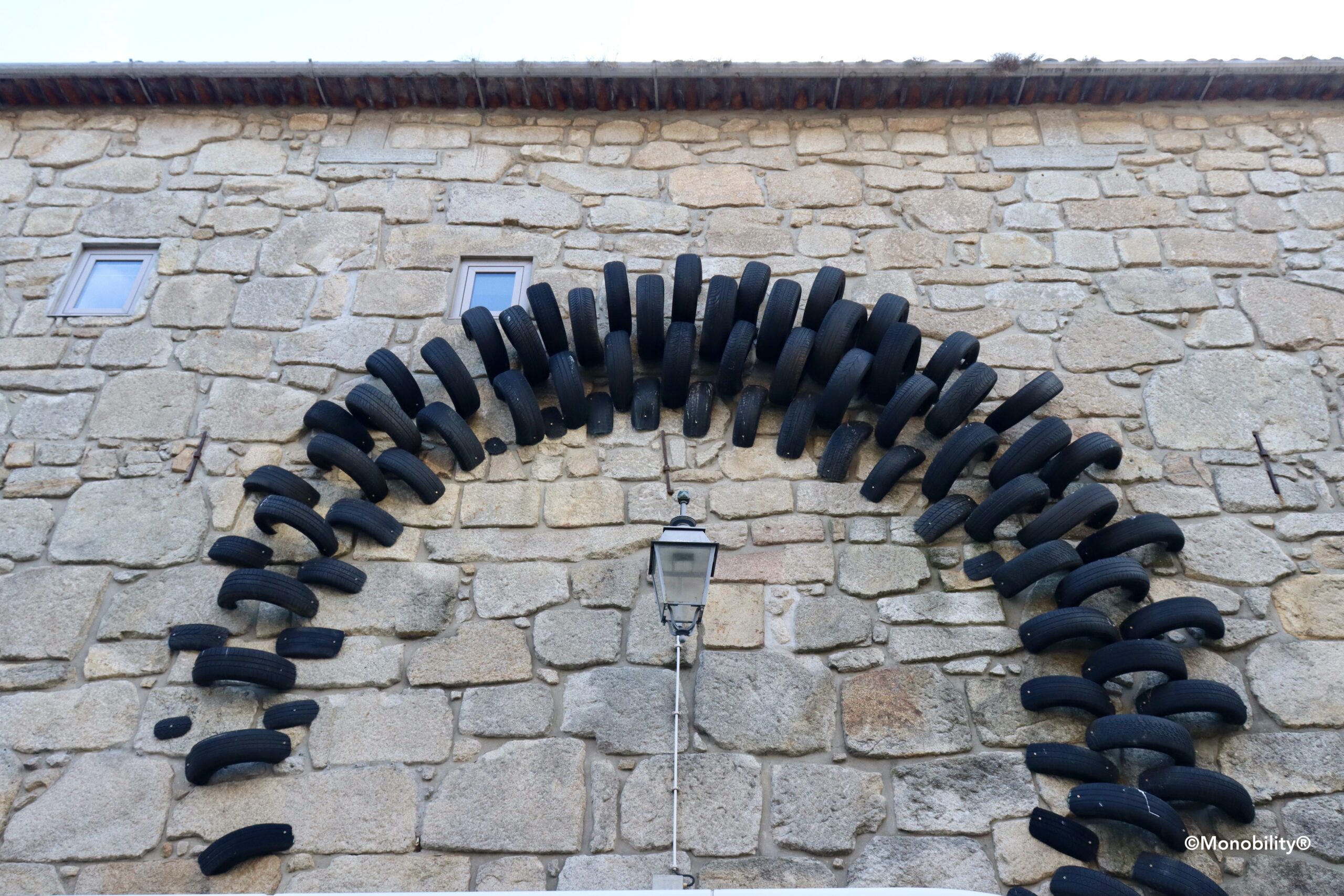A. To Tell Hours of the Clock => Use Pure Korean Numerals
Koreans use two sets of numerals to count: i) Pure Korean numbers, and ii) Sino-Korean numbers, depending on what is counted. In the case of telling HOURS of the clock, pure Korean numerals are used, even though they are written in arabic numerals:
1시 = 한시
2시 = 두시
3시 = 세시
4시 = 네시
5시 = 다섯시
6시 = 여섯시
7시 = 일곱시
8시 = 여덟시
9시 = 아홉시
10시 = 열시
11시 = 열한시
12시 = 열두시 [ 정오 noon; 자정 midnight ]
In normal, daily conversations, the above list is sufficient, since Koreans use 오전 (AM) or 오후 (PM) to specify morning or afternoon:
오전 11시 = 11 AM
오후 11시 = 11 PM
In the military or public offices such as the police, one might hear 13시, 14시, etc. These hours higher than 12 are spoken with the Sino-Korean numerals, e.g., 13시 = 십삼시, 14시 = 십사시, etc., just as minutes and seconds of the clock, or months and days of the calendar, which leads to the following topic.
B. Months and Days in the Calendar => Use Sino-Korean Numerals
January 1월 = 일월
February 2월 = 이월
March 3월 = 삼월
April 4월 = 사월
May 5월 = 오월
June 6월 = 유월 [ Note that 육 (6) becomes 유 in this case ]
July 7월 = 칠월
August 8월 = 팔월
September 9월 = 구월
October 10월 = 시월 [ Note that 십 (10) becomes 시 in this case ]
November 11월 = 십일월
December 12월 = 십이월
1일 = 일일
2일 = 이일
3일 = 삼일
4일 = 사일
5일 = 오일
6일 = 육일
7일 = 칠일
8일 = 팔일
9일 = 구일
10일 = 십일
11일 = 십일일
12일 = 십이일
13일 = 십삼일
14일 =십사일, etc. etc.
- November 2 십일월 이일
- March 1 삼월 일일
C. If you travel in Korea by train or by plane, it may be useful to know that Koreans often say “place name”+행 to describe destination of trains or flights:
- 부산행 열차 KTX 1023호: Train to Busan, KTX 1023
- 아시아나 항공 345편 제주행 항공기의 탑승이 곧 마감될 예정입니다. 제주로 출발하시는 손님께서는 속히 67번 탑승구에서 탑승해 주시기 바랍니다. Ladies and gentlemen, this is the final boarding call for Asiana Airlines flight 345 to Jeju. All passengers on this flight, please come to gate #67.
Similarly, “place name”+발 is used to describe departure station/place:
- 서울발 KTX 890호가 곧 3번 승강장에 도착할 예정입니다 KTX #890 departing from Seoul will soon arrive at the platform #3.
- 인천발 부산행 항공편 Flights from Incheon to Busan
D. Sentimental Verb Endings -네 or -리(라)
When Koreans end a verb with -네, it often implies that the speaker is emotional, pensive, or reflective about the sentence that he or she is saying. The emotion can be sadness, melancholy, joy, or a pleasant surprise, depending on the tone and the situation, but more often than not, it tends to be sentimental. For this reason, this special ending is used very often in poems or song lyrics, as if you’re saying something sentimental to yourself. But it can be also said in daily conversations, for example with close friends or colleagues you can confide in. -네 is used in the present or past tenses. Some people say -네요 with a bit less informal register than -네.
- 그대는 떠나려 내게 입맞춰 주었네 To leave me, you gave me a kiss [ from “밤이 머무는 곳에 (Where Your Night Stays)” by 이영훈 ]
- 그 기차역에 홀로 남았네 I’m left alone at the train station
- 아, 오늘 날씨 좋네! Wow, what a beautiful day it is today! [ joy ]
- 어, 정말 되네 !?! Oh, it really does work !?! [ pleasant surprise ]
In the future tense, a similar sentimental ending -리 or -리라 can be used to show that speaker’s intention, strong will, or emotional prediction. Unlike -네, however, -리/-리라 is exclusively for literary expressions, such as in poems, lyrics, or epitaphs. Nobody says it in normal daily conversations.
- 너는 동방의 밝은 빛이 되리라 You shall become the illumination in the East
- 비밀을 품은 당신은 영원히 오지 못하리 You, who keep your secrets inside you, will not be able to come to me forever
As with many other verb endings/particles, when the verb stem ends with a consonant, “으” must be inserted before -리/리라:
- 내 기억 속에 남으리 You will stay in my memory [ 남다 to stay/remain => Consonant “ㅁ” => 남+으+리 ]
기차 train
11월 November; 1월 January, 2월 February, 3월 March, etc. etc.
영원히 forever, eternally
기억 memory
남다 to remain, to stay
속 inside; (noun)-속에 inside …
함께 together
나누다 to share; 나눈 that/which … shared [ (verb)-ㄴ relative clause ending ]
시간 time
밀물 high tide [ <=> 썰물 low tide, ebb ]
(noun)-처럼 like … / as … [ simile, direct comparison ]
멀어지다 to become far (away); 멀다 to be far [ (verb)-어/아지다 to become … / to get … (denotes transformation/progression) ]
이제 now [ ~= 지금 ]
밤 night
되다 to become
당신 you
오다 to come; 오지 못하다 can not come [ (verb)-지 못하다 can not … ]
비밀 secret
품다 to embrace, to keep (inside soul, body, etc.)
떠나다 to leave
역 train station
홀로 alone, by oneself
남다 to be left, to stay; 남았네 am/are/is/was/were left [ sentimental ending -네 ]
아픔 pain [ noun form of 아프다 to be hurt, to feel pain ]
남기다 to leave, to keep; 남긴 채 as I keep, at the same time as I keep [ (verb)-ㄴ 채 at the same time as … (describes a simultaneous action with the main verb that follows the clause ]
앉다 to sit;
앉아 있다 to be sitting, to have sat down and stay there [(verb)-어/아 있다 describes the state/static situation made by the action of the verb ]
앉아만 있다 to be just sitting (, doing nothing else) [ (verb)-어/아만 only, just … ]

Το τρένο φεύγει στις οχτώ
ταξίδι για την Κατερίνη
Νοέμβρης μήνας δε θα μείνει
να μη θυμάσαι στις οχτώ
να μη θυμάσαι στις οχτώ
το τρένο για την Κατερίνη
Νοέμβρης μήνας δε θα μείνει
Σε βρήκα πάλι ξαφνικά
να πίνεις ούζο στου Λευτέρη
νύχτα δε θα ‘ρθει σ’ άλλα μέρη
να ‘χεις δικά σου μυστικά
να ‘χεις δικά σου μυστικά
και να θυμάσαι ποιος τα ξέρει
νύχτα δε θα ‘ρθει σ’ άλλα μέρη
Το τρένο φεύγει στις οχτώ
μα εσύ μονάχος έχεις μείνει
σκοπιά φυλάς στην Κατερίνη
μες στην ομίχλη πέντε οχτώ
μες στην ομίχλη πέντε οχτώ
μαχαίρι στη καρδιά σου εγίνη
σκοπιά φυλάς στην Κατερίνη
– Μίκης Θεοδωράκης / Μάνος Ελευθερίου, “Το τρένο φεύγει στις οχτώ (The Train Leaves at Eight)”
Check out our Facebook for much more:



